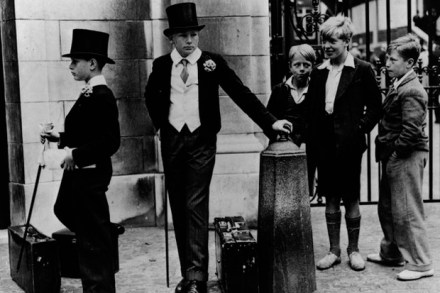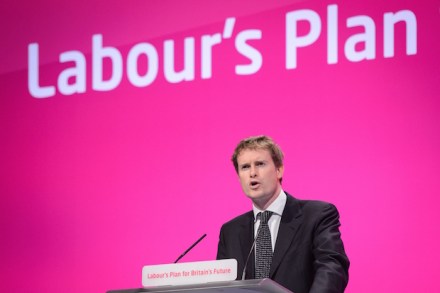Barometer | 6 August 2015
Rogue traders Former UBS trader Tom Hayes was jailed for 14 years for rigging the Libor market. How long could you go down for financial misconduct? 19 months (plus a £100,000 fine) in the case of Julian Rifat, former trader at Moore Capital, convicted of insider trading in March this year. 7 years in the case of rogue trader Kweku Adoboli, convicted of fraud in 2012 after trading at UBS without taking out parallel hedged positions. 7 years for Alex Hope, who conned £5.5 million out of 100 investors via an unauthorised collective investment scheme. 13 years in the case of Nicholas Levene, convicted in 2012 after running an illegal £32


















